 Hostile Genus: An Epic Military Sci-Fi Series (Invasive Species Book 2)
Hostile Genus: An Epic Military Sci-Fi Series (Invasive Species Book 2)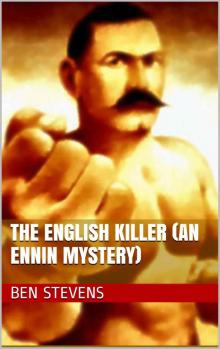 The English Killer (An Ennin Mystery) (The Ennin Mysteries Book 31)
The English Killer (An Ennin Mystery) (The Ennin Mysteries Book 31) The Ennin Mysteries: Collected Series 1 – 5 (25 Stories) MEGAPACK
The Ennin Mysteries: Collected Series 1 – 5 (25 Stories) MEGAPACK Tokyo Zombie Apocalypse
Tokyo Zombie Apocalypse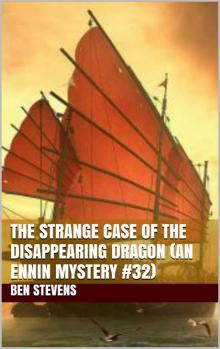 The Strange Case of the Disappearing Dragon (An Ennin Mystery #32)
The Strange Case of the Disappearing Dragon (An Ennin Mystery #32) I, Hell
I, Hell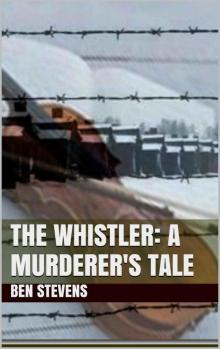 The Whistler: A Murderer's Tale
The Whistler: A Murderer's Tale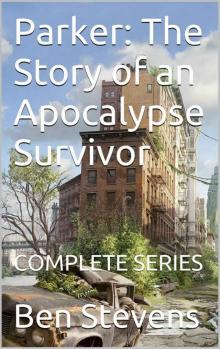 Parker: The Story of an Apocalypse Survivor: COMPLETE SERIES
Parker: The Story of an Apocalypse Survivor: COMPLETE SERIES Confessions of a Japanese Temple Gardener: (P.S – Who's from London, England)
Confessions of a Japanese Temple Gardener: (P.S – Who's from London, England) A Lesson in Dishonesty
A Lesson in Dishonesty The Sumo Wrestler (An Ennin Mystery #33)
The Sumo Wrestler (An Ennin Mystery #33)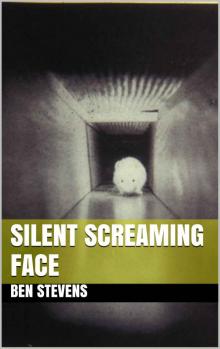 Silent Screaming Face
Silent Screaming Face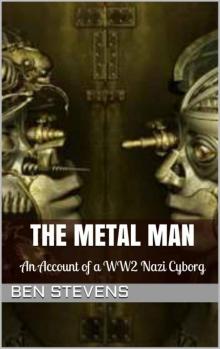 The Metal Man: An Account of a WW2 Nazi Cyborg
The Metal Man: An Account of a WW2 Nazi Cyborg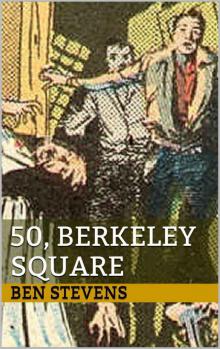 50, Berkeley Square
50, Berkeley Square A Ghost
A Ghost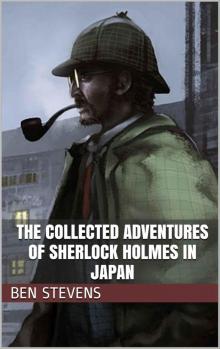 The Collected Adventures of Sherlock Holmes in Japan
The Collected Adventures of Sherlock Holmes in Japan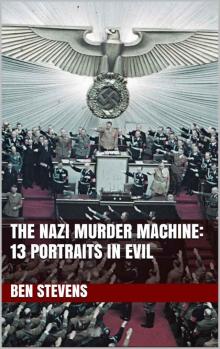 The Nazi Murder Machine: 13 Portraits in Evil
The Nazi Murder Machine: 13 Portraits in Evil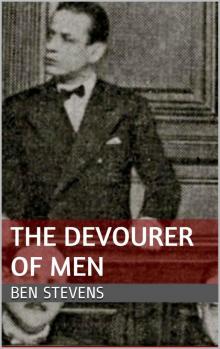 The Devourer of Men
The Devourer of Men Metal Man
Metal Man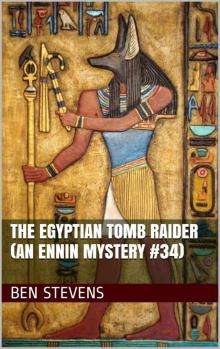 The Egyptian Tomb Raider (An Ennin Mystery #34)
The Egyptian Tomb Raider (An Ennin Mystery #34) Big Sound Temple
Big Sound Temple The Ennin Mysteries: Collected Stories 26-30
The Ennin Mysteries: Collected Stories 26-30